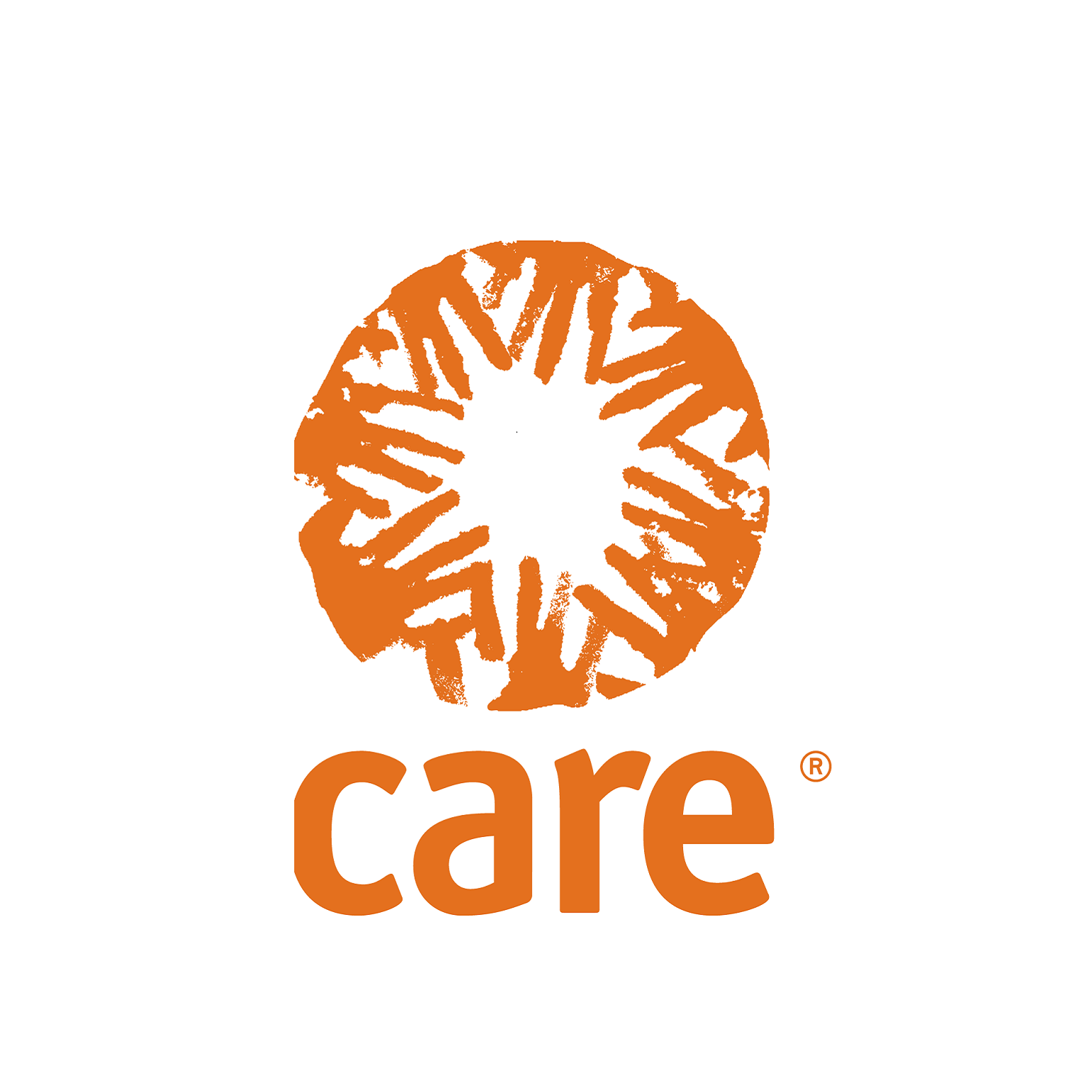Episodes

Thursday Jul 18, 2019
Thursday Jul 18, 2019
In our second francophone episode, Huguette Sekpe Sossouhounto from CARE Benin/Togo talks about how CLTS (a common sanitation approach) failed in her project, and how communities helped them find a Plan B that works. What are the key lessons learned? Pay attention to signs that something is going wrong, and then, "talk to the communities about what their dreams are, and how they can achieve those dreams." Local partners can help you find a solution.
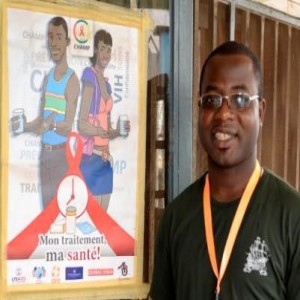
Wednesday Jun 26, 2019
Three Months to Turn Things Around: When Innovation Becomes Necessity
Wednesday Jun 26, 2019
Wednesday Jun 26, 2019
When it comes to HIV/AIDS prevention and treatment programs, the approach is simple: find people who are at risk, test them for HIV, then link them to treatment if necessary. But what happens when the people most vulnerable to the virus don’t want to be found? Sandra Georges from CARE Cameroun’s PEPFAR-funded CHAMP program describes a time when “the usual approach” didn’t work, forcing their team to take risks and make big changes to avoid losing funding.
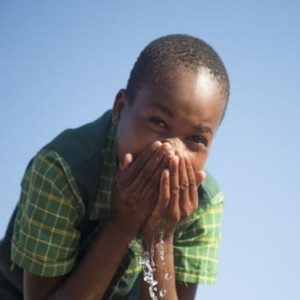
Monday May 20, 2019
The Learning From Failure Report: A Systemic Look at What Goes Wrong
Monday May 20, 2019
Monday May 20, 2019
Katie Pons from CARE talks about a current research effort to learn from what goes wrong based on CARE's evaluations. Using a qualitative analysis program called MAXQDA, Katie and her colleagues have been doing a meta-analysis to give us a more structured way to talk about failure, not just case by case, but in the broader systems sense. Listen to the podcast, and then tell us what reports you would like to see from this data set. Shout out in the comments, or e-mail ejanoch@care.org.
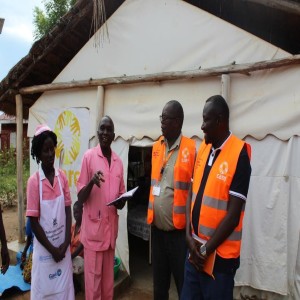
Wednesday Apr 10, 2019
Making People Suffer: The Perils of Partnership and Budget Delays
Wednesday Apr 10, 2019
Wednesday Apr 10, 2019
Mike Mukirane from Uganda's West Nile team talks about an attempt to recruit and pay midwives for a CARE project through the local government system. Because we didn't know enough to set it up well, the midwives went for 6 months without getting paid, "working tooth and nail" the whole time. Learning more from other partners' experience, thinking more carefully about contract requirements, and understanding implications of our budgeting choices are all recommendations for how to avoid the problem.
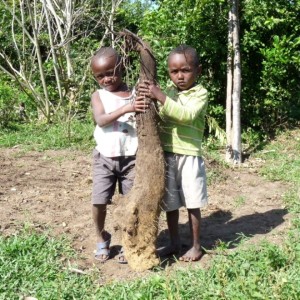
Wednesday Apr 03, 2019
It's All About Backup: When Experimental Systems Go Wrong
Wednesday Apr 03, 2019
Wednesday Apr 03, 2019
In our first ever Francophone episode, Fanomezantsoa Randrianarisoa from CARE Madagascar talks about what happens when you launch an experimental monitoring system before partners are ready for it. Besides challenges getting the data you need, there are serious risks to sustainability. Investing in people's skills, creating back-up plans, and aligning with global systems are some of the solutions.
Dans notre premier épisode francophone, Fanomezantsoa Randrianarisoa du CARE Madagascar explique ce qui se passe si vous lancez un nouveau system d’évaluation avant que l’équipe ne soit prêt. Il n’y a pas seulement les difficultés de trouver l’information, mais aussi les risques pour pérenniser le system. Les leçons appris comprennent : un appui au personnel, l’appropriation du system, et l’harmonisation avec les autres systems.
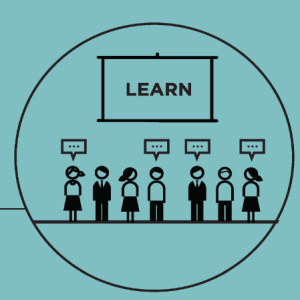
Wednesday Mar 27, 2019
The Art of Humility: Accepting Reality and Learning From Failure
Wednesday Mar 27, 2019
Wednesday Mar 27, 2019
Ian Lathrop from USAID’s LEARN project talks about how to show the art of humility, and learn from failures so we don’t repeat them. After action reviews, pause and reflect, and having leaders model behavior are all practical actions he suggests for getting better at this. Some of the resources he suggests to create space for learning from failure are USAID Learning Lab - CLA Maturity Tool Resources, the video on Community Connector and CLA: Proving the Concept, and Learning Lab’s failure blog.
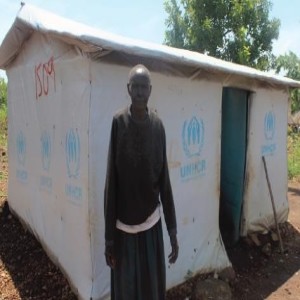
Thursday Mar 21, 2019
Thursday Mar 21, 2019
It's more than a house; we are trying to provide dignity. Sam Okello and Alson Madrar from CARE Uganda talk about all of the ways they tried to build safe and dignified housing for South Sudanese refugees into Uganda. Rainy season, termites, riots, thieves, and hundreds of refugees a day were challenges that the houses couldn't stand up to--literally. Over a year of trials, house after house failed. By working with refugees with special needs to find out what would work, they eventually got to a housing model where 90% of refugees feel safer, and more than 20% cheaper than the original method. See their journey here. Read the project evaluation here.
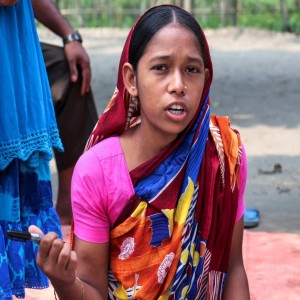
Wednesday Feb 27, 2019
Notes from the cutting edge: How work with youth highlighted gaps in implementation
Wednesday Feb 27, 2019
Wednesday Feb 27, 2019
Failure without learning is final. Otherwise, it's just part of the process. Walter Mwasaa from CARE's SHOUHARDO III talks about how cutting-edge work with youth highlighted gaps in our success metrics and how we hear feedback. Cultivating the art of listening, building acceptance of failure into our culture, and understanding that failure is everywhere are his key takeaways. It's in the smallest details--embrace when people are late, and see how that translates to new ideas.
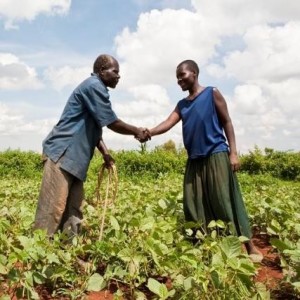
Tuesday Feb 19, 2019
Tuesday Feb 19, 2019
Octavio de Sousa from CARE Mozambique talks about our recent post-project evaluation of agriculture adoption. Some practices the community never adopted—but didn’t tell us until 5 years later. Some they did adopt, but market forces made it impractical after the project ended. Octavio reflects on how power dynamics, safe spaces, and incentives can prevent us from making the best impact possible, and from applying our learning. Read the Learning Brief published with our partner FANRAPAN here.
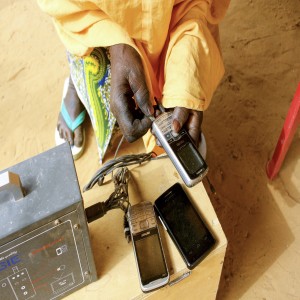
Wednesday Feb 13, 2019
Digital Projects and the Danger of Expertise
Wednesday Feb 13, 2019
Wednesday Feb 13, 2019
Mark Malhotra from CARE’s Innovation team talks about the process of designing digital solutions, and the danger of trusting experts when it seems like they aren’t delivering what you need. Human centered design, frequent check ins, and setting clear expectations with consultants all feature as tips to make your next digital experience easier. Tip: just because someone else in an expert, it doesn’t mean you’re wrong.
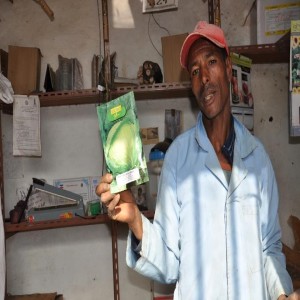
Wednesday Feb 06, 2019
Processes and Privilege: How to prioritize innovative local partners in market solutions
Wednesday Feb 06, 2019
Wednesday Feb 06, 2019
Bob Rabatsky from Fintrac discusses his experiences as the Chief of Party for Feed the Future’s Partnering For Innovation, and what it teaches us about working with the private sector and market based solutions. Re-setting application processes to prioritize qualified local businesses, focusing on setting good milestones, and overcoming resistance to private sector solutions are some of his key takeaways.
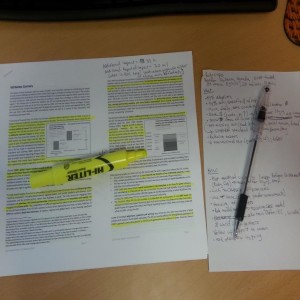
Wednesday Jan 30, 2019
Learning Backwards: How decisions we need to make should drive learning agendas
Wednesday Jan 30, 2019
Wednesday Jan 30, 2019
Emily Janoch from CARE's Impact and Learning team talks about all the wrong ways she has tried to do learning agendas, why she kept repeating the same mistakes, and the counterintuitive solution that works for her.
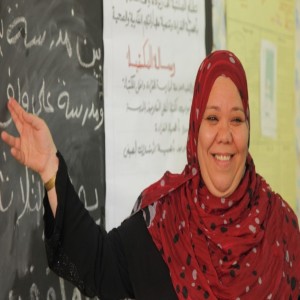
Wednesday Jan 23, 2019
Weekly Screwups: the role of leaders in learning from failure.
Wednesday Jan 23, 2019
Wednesday Jan 23, 2019
Everett Harper from CARE's board talks about the role of the leader in learning from failure, taking action to correct problems, and creating psychological safety. Some tools he refers to in creating safe spaces to learn from failure are:
The Pre-Mortem: figuring out failures in advance, then building in mitigating actions before starting the project
Retros: short for retrospectives, a repeated process for projects, teams, initiatives or companies, to open up a blameless, psychologically safe environment for team members to learn, improve and mitigate future risks. For leaders, it is an opportunity to access information and knowledge from people closest to the customer / beneficiary.
Customer Development: articles from Steve Blank, Book by Cindy Alvarez , interview by Cindy (I love her work), 10 Things I've Learned about CD, and a basic "What is CD"
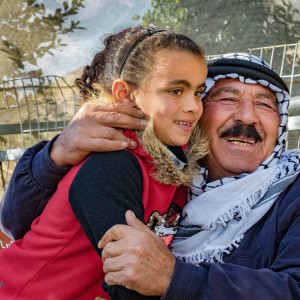
Wednesday Jan 02, 2019
What makes dreams impossible: How we can miss the mark on creating programs that last
Wednesday Jan 02, 2019
Wednesday Jan 02, 2019
Hiba Tibi from Palestine talks about her favorite quote: "Fear of failure is the only thing that makes a dream impossible to achieve." Even in crisis and fragile settings, we must programs that create space for women's empowerment and will be economically viable in the long term. We can't let the changing environment prevent us from focusing on equality that will last. Check out the recent paper on how to do that with Women's Economic Empowerment programs, and the thinking on how to approach the Humanitarian and Development nexus for long term change.
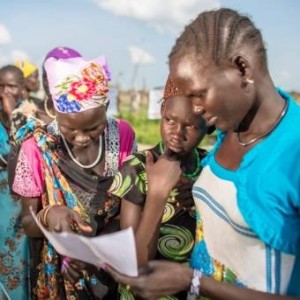
Thursday Dec 13, 2018
Mistake Money, Premortems, and other ways to incentivize talking about failure
Thursday Dec 13, 2018
Thursday Dec 13, 2018
Susan Davis of Improve International talks about how we can incentivize talking about failure so we can make new mistakes rather than continuing to make the old ones. She also talks about how we can resolve problems as we find them in the Guidelines for Resolving Problems with Water Systems. Some tools she suggests are the Nakuru accord, pre-mortems, and innovative financing mechanisms—what she calls “Mistake Money”. What's the key? Getting communities involved in the conversation.

